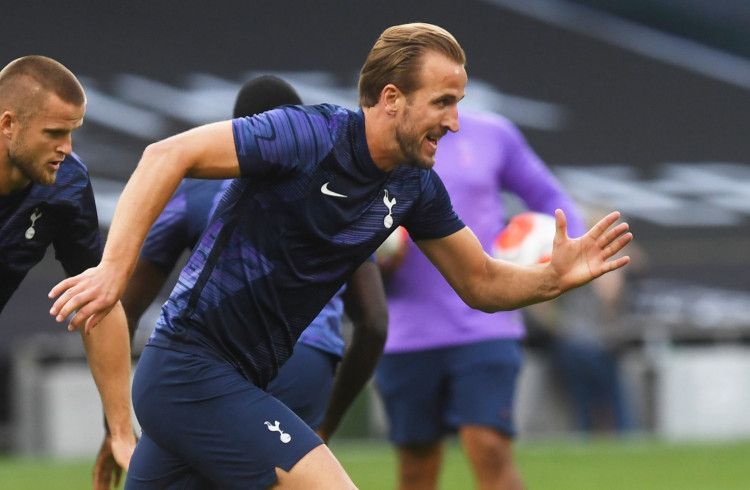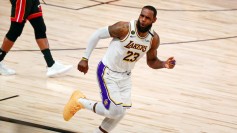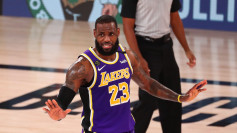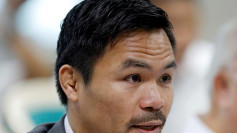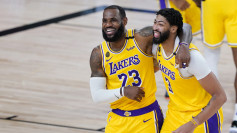After three failed offers and an airport interception by Tottenham, Bayern Munich finalizes a deal for Harry Kane at a whopping €120 million.
Bayern Munich, the dominant force in the Bundesliga, has officially announced the acquisition of England's captain, Harry Kane, from Tottenham Hotspur, addressing their persistent striker dilemma.
The traditionally pragmatic and legacy-minded Bayern Munich seemed uncharacteristically aggressive and intimidating throughout this high-value deal for Kane, catching many off guard.
During the negotiation phase, initial strong words from the club's honorary president Uli Hoeneß, followed by unwavering commitment from Chairman Herbert Hainer, made this high-profile acquisition somewhat uncharacteristic for Bayern.
Following a narrow Bundesliga title win last season, there was apparent instability within Bayern's management. Before the season's end, certain key members had been shown the door. Perhaps this instability, combined with the club's eagerness to flex its muscles, contributed to the vigor displayed in pursuing Kane.
The endeavor was underpinned by substantial financial backing, as Bayern Munich is among Europe's most cash-rich clubs.
Throughout June, July, and August, Tottenham rejected three offers from Bayern. After the last offer on August 7, Spurs' chairman Daniel Levy didn't even respond, opting to go on vacation in the U.S.
However, a breakthrough occurred on August 10. Both clubs reached a compromise, and Kane agreed to personal terms with Bayern-a 4-year contract with weekly wages exceeding £400,000, making him one of Bayern's top earners.
German media analysts believe Bayern's aggressive pursuit stemmed from two key reasons:
- Athletic Need: They needed a comprehensive, quality striker like Kane.
- Business Strategy: Bayern sought a milestone acquisition to cement their status among Europe's elite.
While Bayern's dominance in the Bundesliga doesn't hinge on Kane's arrival, their 2022 acquisition of Sadio Mané was considered a failure. Their striker options post-Robert Lewandowski's departure were limited.
The club did consider Erling Haaland and even discussed a possible transfer with Juventus for Dušan Vlahović, knowing the Italian club's financial struggles. However, the Serbian's performance at Juventus was underwhelming, and no deep negotiations took place between the two clubs. Likewise, Eintracht Frankfurt's Moise Kean, while exceptional in high-paced transitions, was not seen as a fit for Bayern's tactics.
In the summer of 2022, Bayern approached Kane, who had two years left on his Tottenham contract. Bayern's top brass realized signing him at a reasonable cost might be unlikely.
A year later, the scenario changed. If Tottenham didn't want to risk losing Kane on a free transfer in 2024, they had to cash in now.
From a performance perspective, Kane is suitable for almost any top team, especially Bayern.
The Bundesliga giant already boasts quality attacking midfielders, such as Thomas Müller and Jamal Musiala. Their forward line, including Kingsley Coman, Leroy Sané, and Serge Gnabry, can supply Kane both on the ground and in the air.
For years, Bayern has aspired to recreate the attacking partnership seen between Arjen Robben, Franck Ribéry, and Lewandowski. Kane's addition could bring this vision to fruition, and possibly more. Kane's shooting accuracy and hold-up play rival that of Lewandowski, while his playmaking skills are among the best for a striker.
Though 30, at Bayern, Kane won't have to drop deep as he did at Tottenham or with England. Positioned as the spearhead of Bayern's attack, his goal tally might rise further.
The second reason for this acquisition is Bayern's need to assert its presence amidst the aggressive Premier League transfer market.
Bayern has always held itself in high regard, seeing itself on par with successful clubs like Real Madrid and money-making machines like Manchester United. Even financially strapped Barcelona isn't necessarily on Bayern's radar.
Elite clubs have their ways in the transfer market, sometimes spending just for the sake of it, which isn't entirely without reason in their philosophy.
While Real Madrid has become financially cautious, they didn't hesitate to invest heavily in Eduardo Camavinga. With the return of influential figures like Hoeneß and Karl-Heinz Rummenigge, this spending consensus was established within Bayern's leadership.
In alignment with this, Chairman Herbert Hainer, speaking to Kicker magazine, said, "The Bundesliga lacks international superstars. Bayern has always tried to bring in top international players. Harry Kane is such a magnetic player; he will benefit us and the Bundesliga."
Having served as the global CEO of Adidas for 15 years, Hainer is acutely aware of Bayern's forward posture in this global era-going after Kane aggressively is a testament to that.
